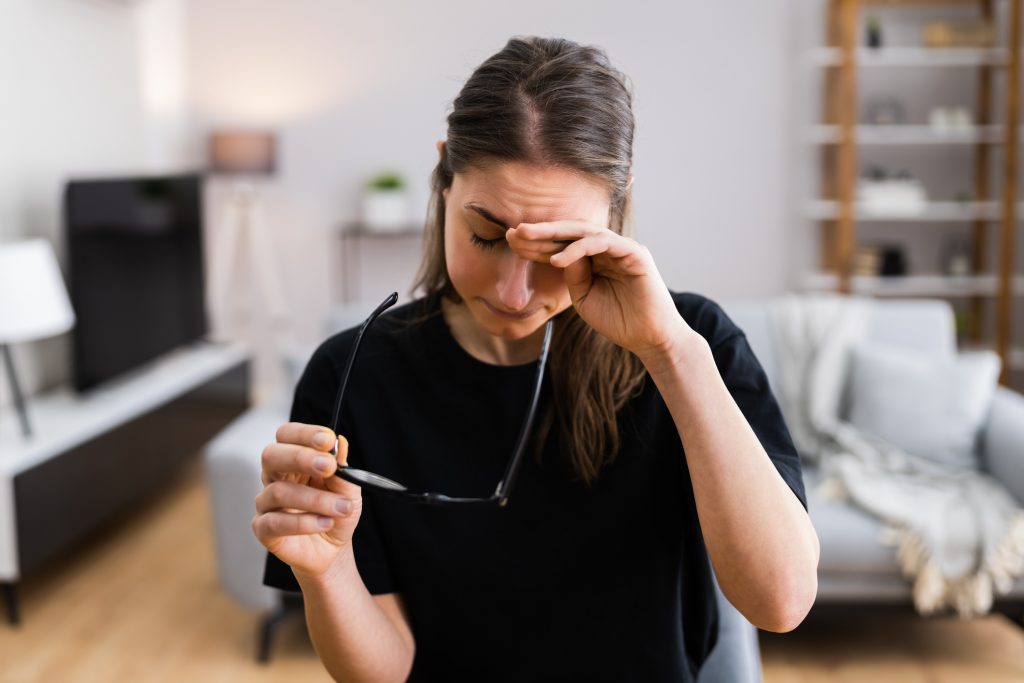
Pink eye happens when there is inflammation of the covering of the eyeball and the inside of the eyelid. It can be caused by an infection from a virus or bacteria. It can also be caused by allergies. For this page, we’ll focus on pink eye caused by infection.
Pink eye will often go away on its own in 7-10 days. Pink eye is usually caused by a virus and will go away on its own. Sometimes pink eye can be caused by bacteria and if so an antibiotic may be needed. If the symptoms of pink eye get worse, see your primary care provider.
Pink eye is very contagious and can spread very easily. Here are ways to prevent spreading pink eye:
For considerations on when your child needs to stay home from school or daycare when they have pink eye, please see Quick Guide to Common Childhood Diseases.
In British Columbia, you can call HealthLink BC (at 8-1-1) or visit healthlinkbc.ca if you need advice or are unsure of the best course of action.
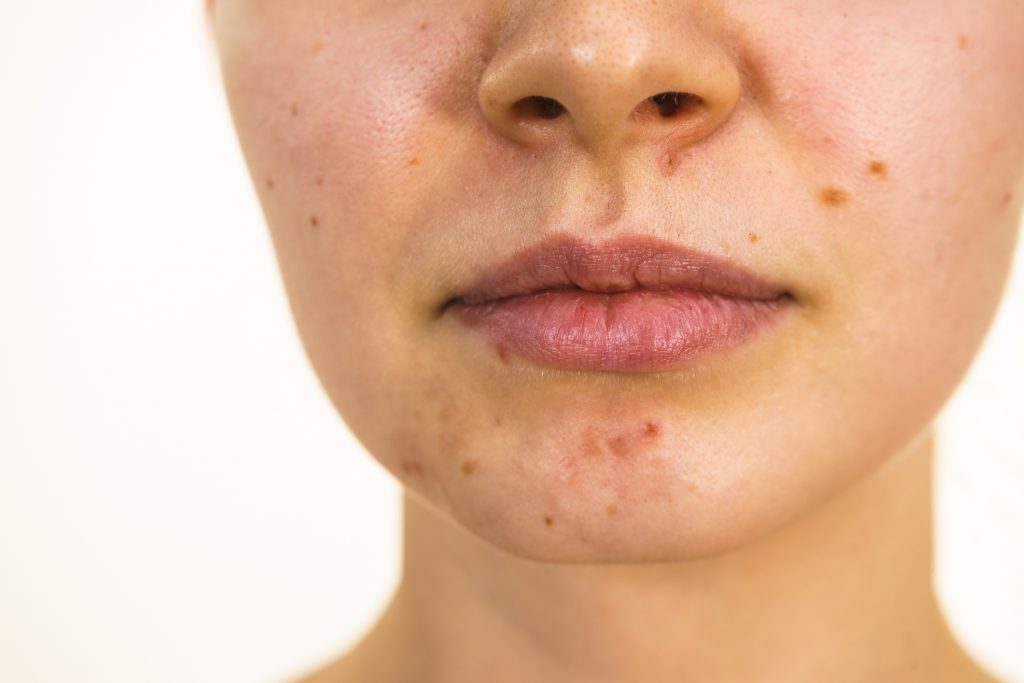
Rarely. There are other options for acne treatment. Most treatment for acne takes time to work and for acne to improve, often 6-8 weeks. For moderate to severe acne, antibiotics taken by a pill may be required for a limited amount of time (about 3 months) and used in combination with a topical treatment (to be applied to the skin). If topical antibiotics are prescribed, they should be prescribed in combination with another topical medication. Use of antibiotics should be limited as bacteria can become resistant to antibiotics. Discuss treatment options with your health-care provider.
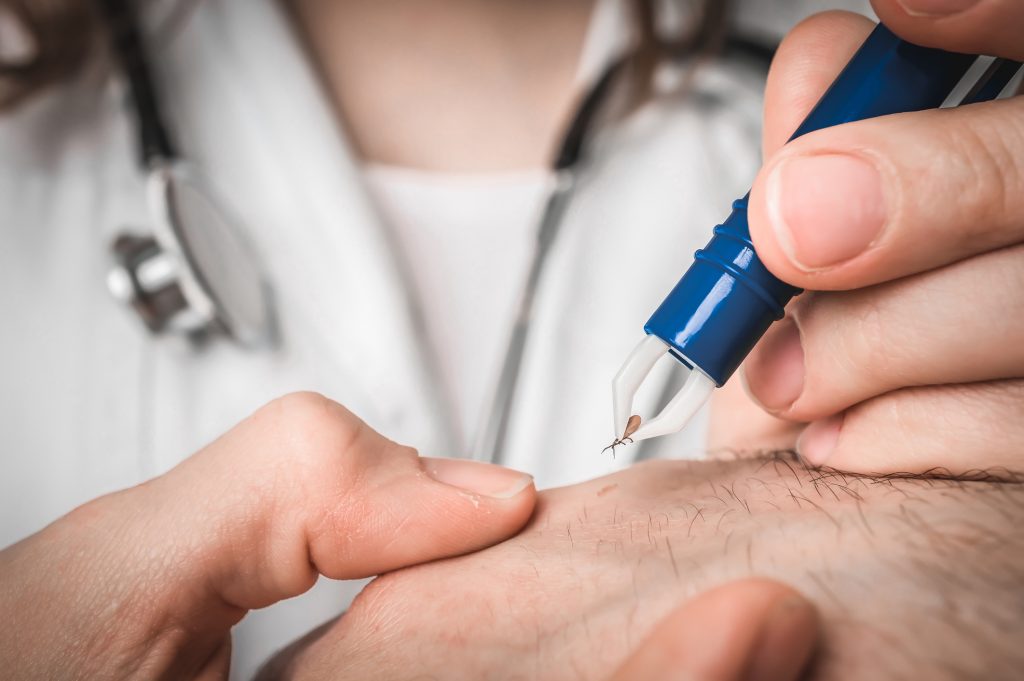
Lyme disease is an infection caused by the bacteria B. burgdorferi that is spread by ticks. You can get Lyme disease if you are bitten by an infected tick. But most people who have had a tick bite in BC don’t get Lyme disease. It’s still important to see your doctor if you have a tick attached to you that you can’t remove.
The majority of people with Lyme disease can be treated successfully with two to four weeks of antibiotics, especially if caught early.
A small proportion of patients who have had Lyme disease have symptoms that last months to years after treatment with antibiotics. These symptoms can include muscle and joint pains, sleep disturbance, or fatigue. The cause of these symptoms is not known, but there is no evidence that these symptoms are due to ongoing infection with B. burgdorferi. Studies have shown that continuing antibiotic therapy beyond four weeks is not helpful and can be harmful for people suffering from these symptoms.
Early symptoms of Lyme disease can appear from 3 days up to a month after being bitten, and include:
If untreated, more serious symptoms can develop over time, including:
In British Columbia, you can call HealthLink BC (at 8-1-1) or visit healthlinkbc.ca if you need advice or are unsure of the best course of action.
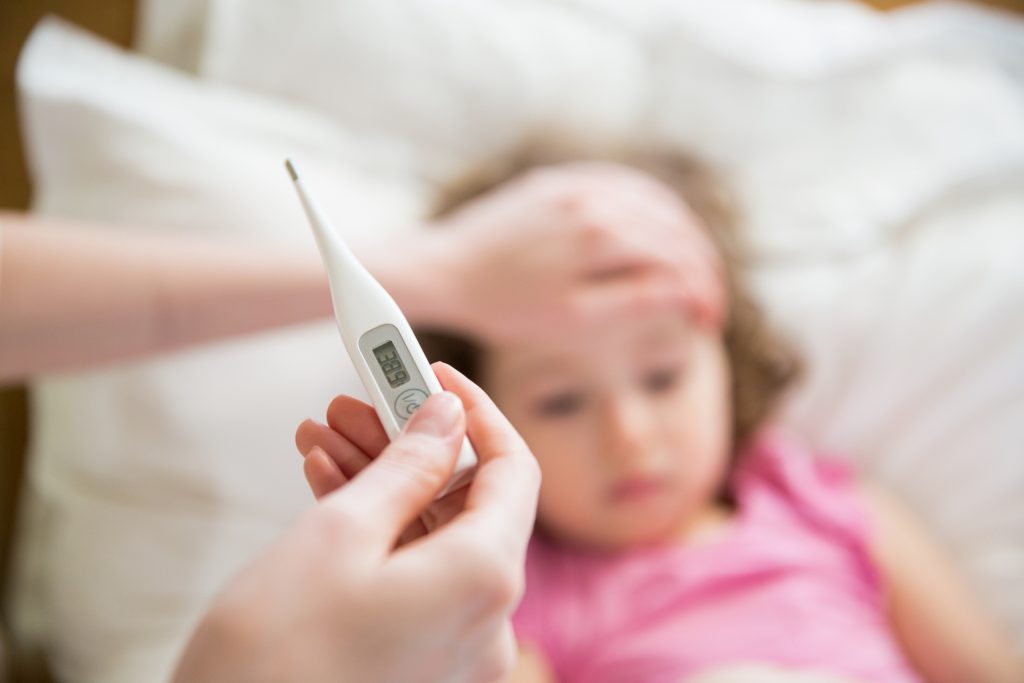
Fever is a raised body temperature, often due to illness. Skin that is red, hot, and dry, even under the armpits, is a sign of fever. Your temperature or your child’s temperature depends on where it is measured.
If a person of any age has a fever and rash and has been in an area where measles is circulating, contact HealthLink BC (dial 8-1-1 in BC) to receive advice on the best course of action.
In British Columbia, you can call HealthLink BC (at 8-1-1) or visit healthlinkbc.ca if you need advice or are unsure of the best course of action.
Speak to your primary health-care provider if you are worried by the way your child is behaving. For more information on when to seek additional medical advice please see HealthLinkBC:
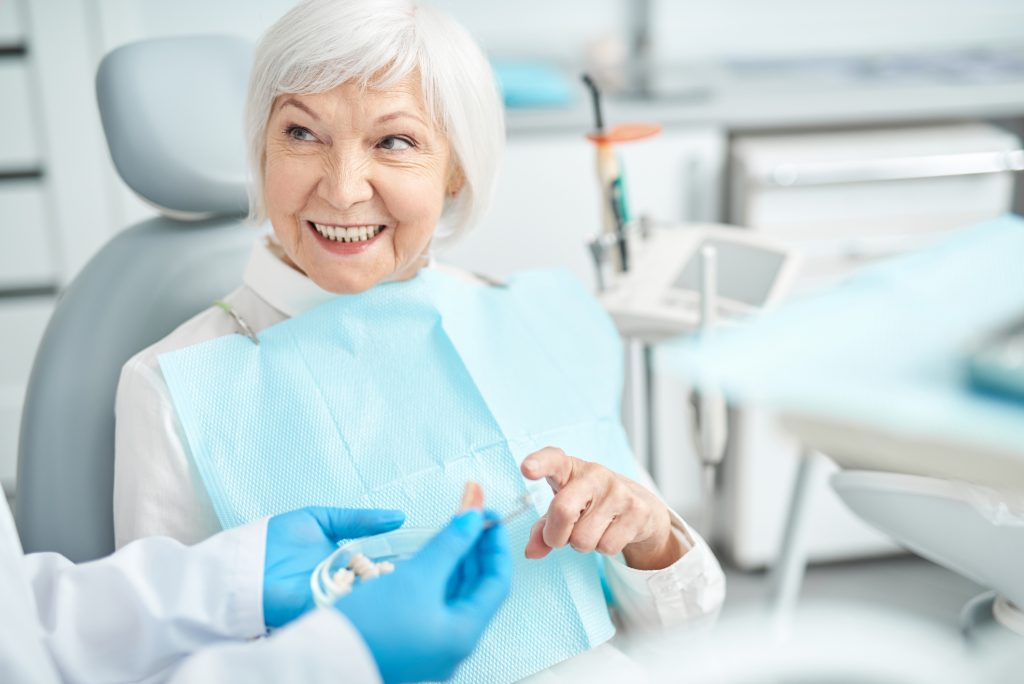
The best available scientific evidence now shows that antibiotics are not necessary for most patients prior to dental procedures. If you have a prosthetic joint or a heart condition, consult with your dentist:
For more information, visit Antibiotics and Dental Care.

Most toothaches are not caused by infection. Even when the cause is an abscess near the root of the tooth, the best treatment is drainage of the abscess (pus) by your dentist. This should be done as soon as possible to prevent the spread of the infection to other parts of the head and neck.
Antibiotics are generally not needed if the pus is drained. In fact, scientific studies have shown that antibiotics are unnecessary for treating simple tooth abscesses.
NOTE: Antibiotics are NOT recommended to settle the infection before draining the abscess – drainage as soon as possible is the therapy of choice.